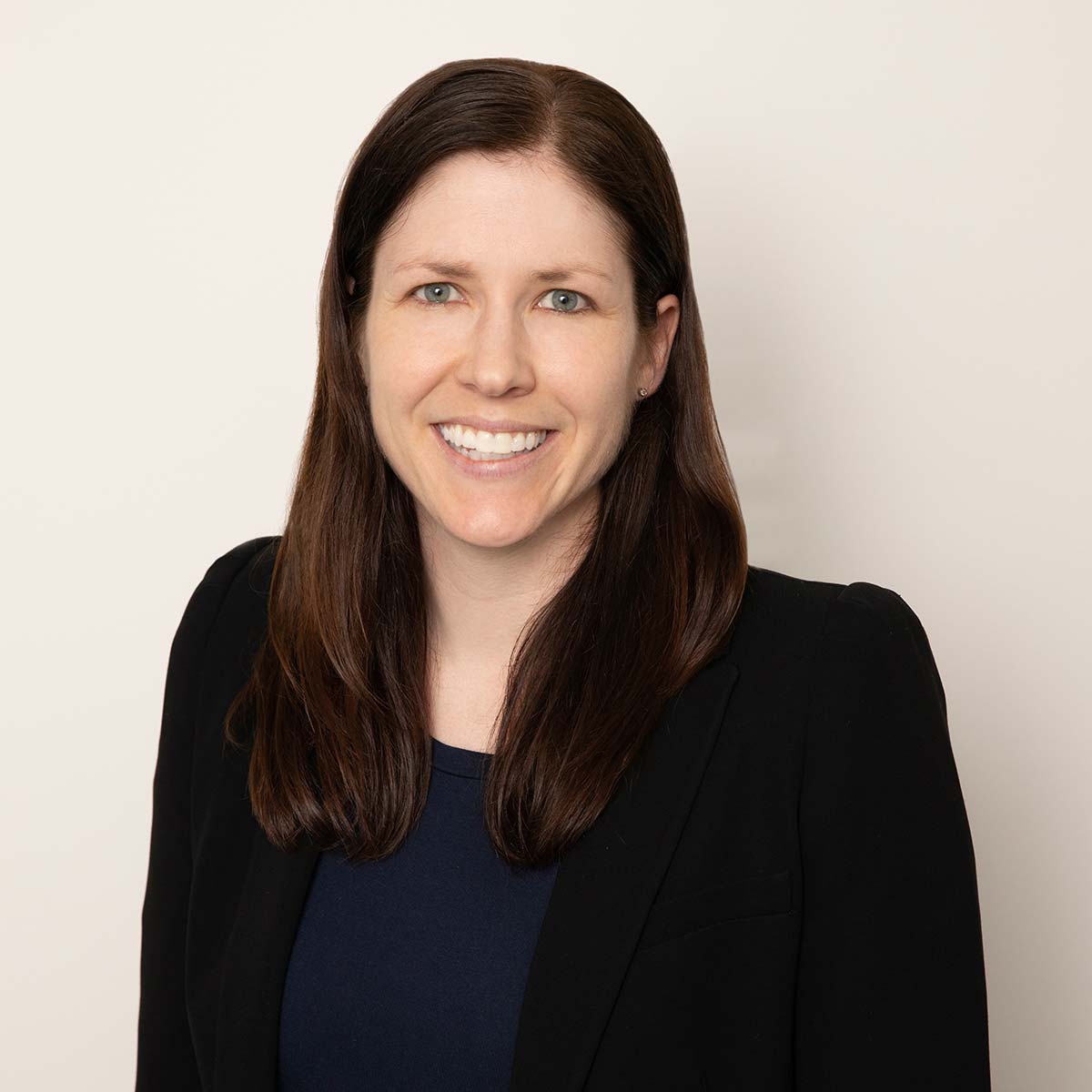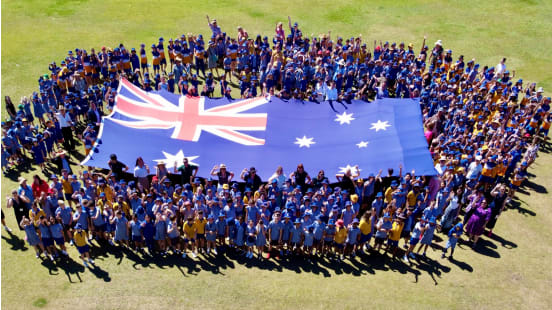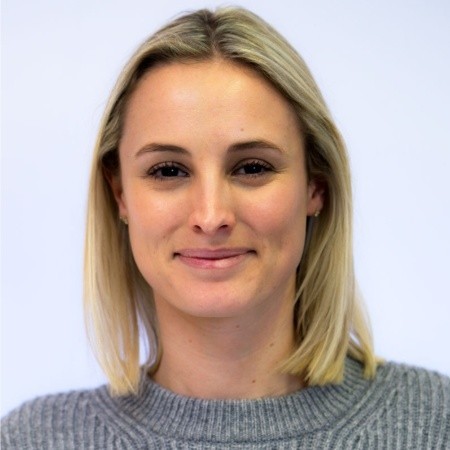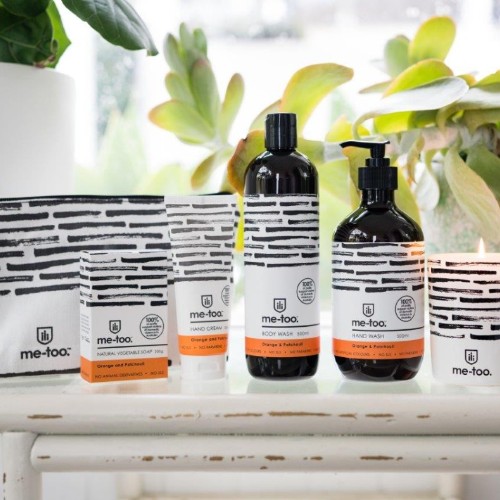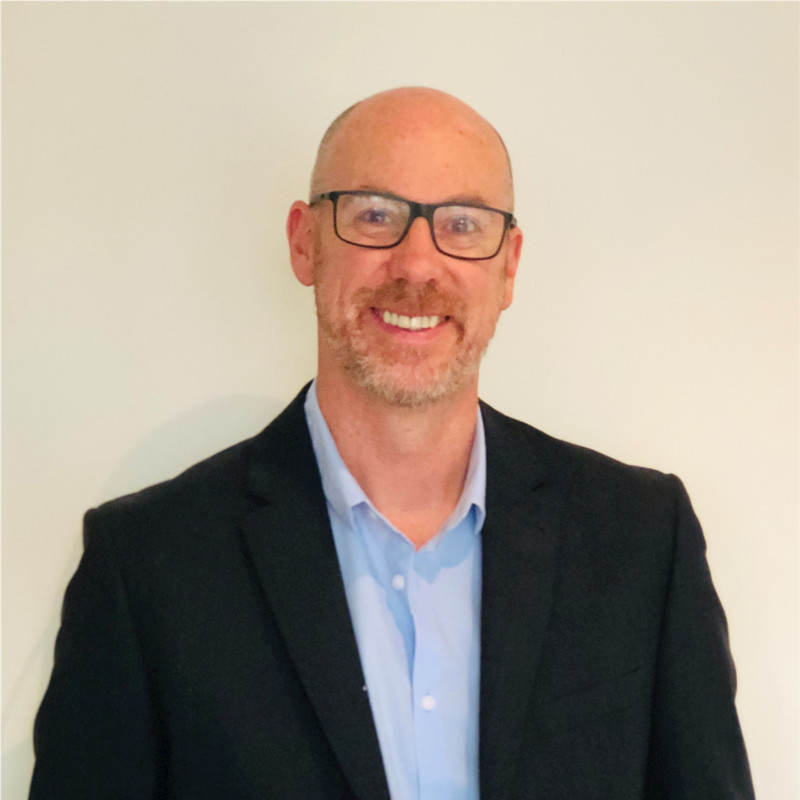Baseline app helps parents, coaches and teachers to care for children’s concussions
By Leon Gettler, Talking Business >>
IMAGINE a platform that helps parents and educators deal with the concussions that can afflict school-age children.
A child with concussion might be listless tired and cranky. They might also be uninterested in play. They might change their eating and sleeping habits.
Now kids are moderately vulnerable to concussion. They can get it during contact sports like football, rugby and basketball, there can be playground accidents or they can slip and fall in hallways or running up or down stairs.
School-age children’s brains are still maturing, which may make them more vulnerable to head trauma, and many might not recognise or report symptoms like dizziness or confusion.
What’s more, 92% of concussion injuries in children don’t involve loss of consciousness – which would make it harder to detect.
Baseline platform assists in caring for concussed kids
Jennifer McCloy, who has a background in crisis communications and venture capital, set up the digital platform Baseline to help sports clubs and parents to manage concussions.
She said she set up Baseline when a friend – a sports doctor with the Waratahs rugby league club – told her that concussion was poorly managed even at a professional level. So the sports doctor had developed an app to help herself manage concussions for the Waratahs.
“I could see it was something that wasn’t being done properly, so we decided to work together,” Ms McCloy told Talking Business. 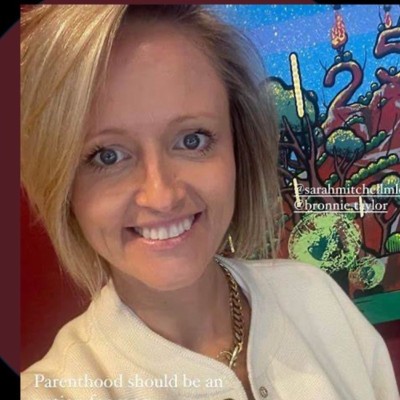
She and her co-founder decided then to approach schools and insurers and bring them on board with the platform.
“Obviously we have a team of medical advisors behind us helping us with that and it’s something that, as I’ve learned a lot more about more over the last couple of years, it’s a pretty alarming issue and pretty worrying, for parents particularly,” she said.
“I think it’s part of Australia to play contact sports. We just want to make sure kids can do that in a safe and protective manner.
“One of the goals for us is to help sport continue because a lot of these sports are going to come up against some really big insurance issues if they aren’t addressing concussion properly.
“We’ve seen that in the state with the NFL, they have a $500 million class action.
“And the AFL is probably the only sport in Australia that would be able to self-insure.”
Ms McCloy said Baseline can onboard players and children from the age of seven and do a baseline test on them.
Baseline tests involve pre-injury assessments creating snapshots of a person’s healthy brain function.
“It will be saved in the platform,” she said. “Then if there is a concussion, it [the person’s mental and physical ‘baseline’] will be there on the spot.” 
Jennifer McCloy is on Linkedin.
Hear the complete interview and catch up with other topical business news on Leon Gettler’s Talking Business podcast, released every Friday at www.acast.com/talkingbusiness
https://shows.acast.com/talkingbusiness/episodes/talking-business-32-interview-with-jennifer-mccloy-from-base
ends

 How to resolve AdBlock issue?
How to resolve AdBlock issue? 